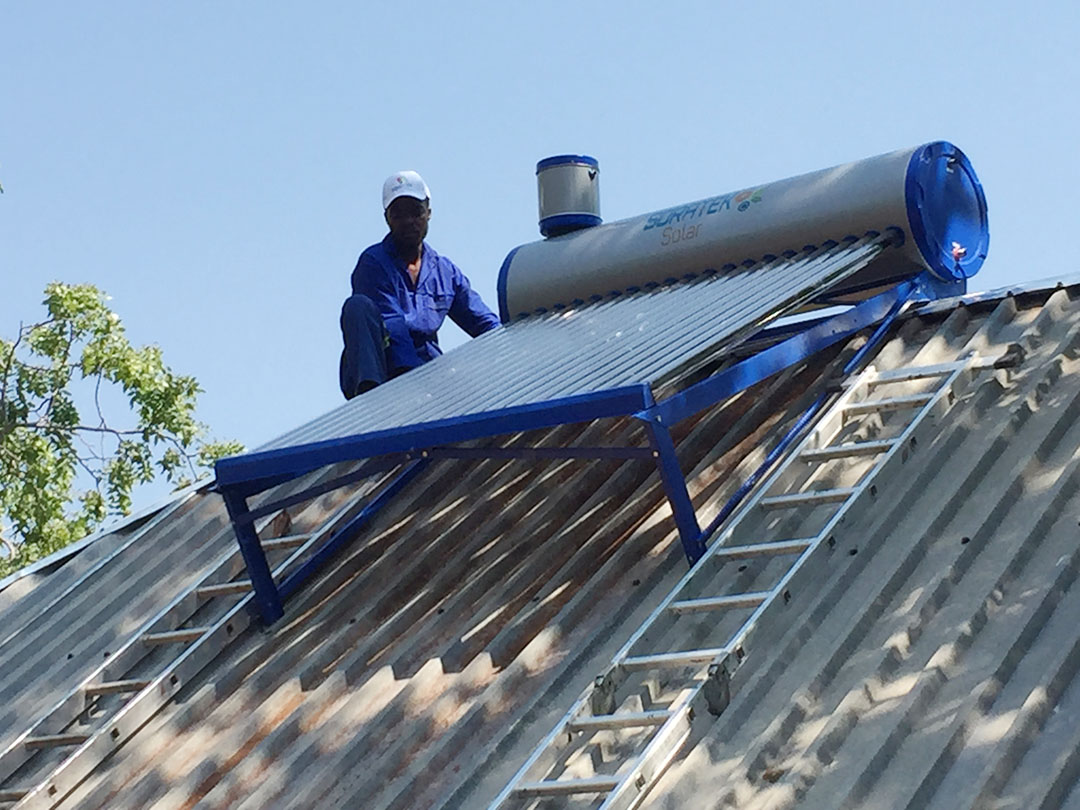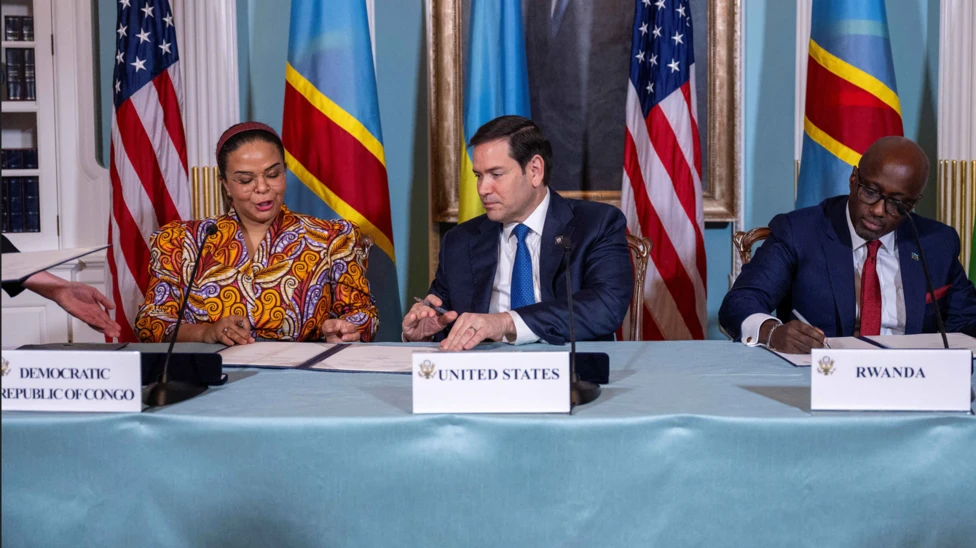HARARE – Zimbabwe is banning the installation of new electric water heaters in a bid to save power, energy regulations published on Wednesday showed, at a time when the country is enduring rolling blackouts lasting up to 18 hours a day.
Power cuts have been exacerbated by low dam water levels at Zimbabwe’s biggest hydro plant following a severe drought and constant breakdowns of coal-fired generators, hitting mines, industry and households.
The government has previously said electric water heaters consume up to 400 MW of power a day in Zimbabwe where daily production on Wednesday totalled 563 MW, against demand of 1,200 MW.
New regulations published in an official gazette said that as of Wednesday the country’s electricity supplier will no longer be allowed to connect power to premises without solar water heaters.
“No owner of the premises after the effective day of these regulations shall connect electrical geysers but may, at his or her own expense, install and use solar water heating systems,” the regulations said.
Besides electricity cuts, Zimbabweans have to contend with shortages of fuel needed to power generators.
That has forced households to start investing in solar energy but initial installation costs are still too high for many people already grappling with the worst economic crisis in a decade.
In 2015, government officials said there were 300,000 electric heaters installed in Zimbabwe and that 40 percent of households’ electricity bills went towards water heating. – Reuters
















